How to judge whether your bicycle is suitable for electric assist bicycle?
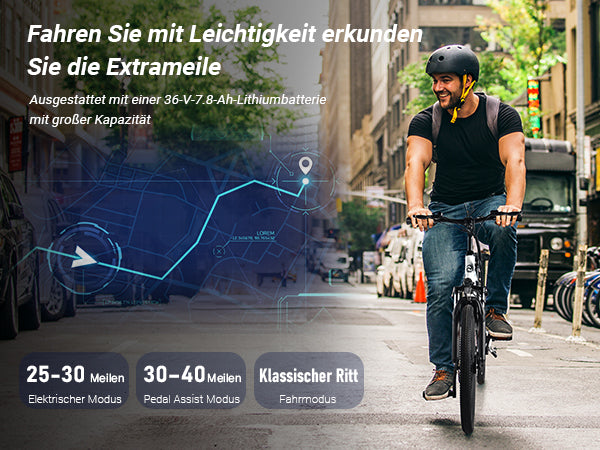
There are a few key factors to consider when deciding whether your bike is suitable for conversion to an ebike or whether you should buy one outright:
Frame strength: E-bikes need to carry the extra weight of motors, batteries, etc. compared to traditional bikes, so the frame needs to be strong and rigid enough to support these additional loads. If your bike frame is lightweight or designed for low loads, it may not be suitable for conversion to an ebike.
Tires and brakes: E-bikes often require better brakes and more durable tires to handle the extra weight and speed. Check that your bike's brakes are strong and reliable, and that the tires are suitable for use with an ebike.
Drivetrain: E-bikes may require a drivetrain that matches the motor to ensure smooth power transmission. If your bike's drivetrain is old or not designed to work with the motor, it may need to be replaced or upgraded.
Conversion feasibility: If your bike is classic, collectible, or specially designed, converting it to an ebike may destroy its original aesthetics or functionality. In addition, not all bikes are suitable for conversion, as some parts may not be compatible with the ebike system.
Cost-effectiveness: Consider the cost-effectiveness of converting or buying an electric-assisted bike. If your bike is old or of low value, and the cost of converting it is relatively high, it may be more cost-effective to just buy a new electric-assisted bike.
Personal needs and preferences: Consider your riding needs and preferences. If you often need to ride long distances, climb hills, or carry heavy objects, an electric-assisted bike may be a good choice. But if you only ride short distances occasionally or like the feeling of traditional riding, converting or buying an electric-assisted bike may not be necessary.
Laws and regulations: In some areas, converting a bicycle to an electric-assisted bike may be restricted by laws and regulations. It is best to understand local laws and regulations before deciding to convert.
In summary, determining whether your bicycle is suitable for an electric-assisted bike requires a combination of factors such as frame strength, tire and brake system, drivetrain, conversion feasibility, cost-effectiveness, personal needs and preferences, and laws and regulations. If you are not sure whether your bicycle is suitable for conversion or purchase of an electric-assisted bike, it is best to consult a professional or dealer for advice.
Frame strength: E-bikes need to carry the extra weight of motors, batteries, etc. compared to traditional bikes, so the frame needs to be strong and rigid enough to support these additional loads. If your bike frame is lightweight or designed for low loads, it may not be suitable for conversion to an ebike.
Tires and brakes: E-bikes often require better brakes and more durable tires to handle the extra weight and speed. Check that your bike's brakes are strong and reliable, and that the tires are suitable for use with an ebike.
Drivetrain: E-bikes may require a drivetrain that matches the motor to ensure smooth power transmission. If your bike's drivetrain is old or not designed to work with the motor, it may need to be replaced or upgraded.
Conversion feasibility: If your bike is classic, collectible, or specially designed, converting it to an ebike may destroy its original aesthetics or functionality. In addition, not all bikes are suitable for conversion, as some parts may not be compatible with the ebike system.
Cost-effectiveness: Consider the cost-effectiveness of converting or buying an electric-assisted bike. If your bike is old or of low value, and the cost of converting it is relatively high, it may be more cost-effective to just buy a new electric-assisted bike.
Personal needs and preferences: Consider your riding needs and preferences. If you often need to ride long distances, climb hills, or carry heavy objects, an electric-assisted bike may be a good choice. But if you only ride short distances occasionally or like the feeling of traditional riding, converting or buying an electric-assisted bike may not be necessary.
Laws and regulations: In some areas, converting a bicycle to an electric-assisted bike may be restricted by laws and regulations. It is best to understand local laws and regulations before deciding to convert.
In summary, determining whether your bicycle is suitable for an electric-assisted bike requires a combination of factors such as frame strength, tire and brake system, drivetrain, conversion feasibility, cost-effectiveness, personal needs and preferences, and laws and regulations. If you are not sure whether your bicycle is suitable for conversion or purchase of an electric-assisted bike, it is best to consult a professional or dealer for advice.




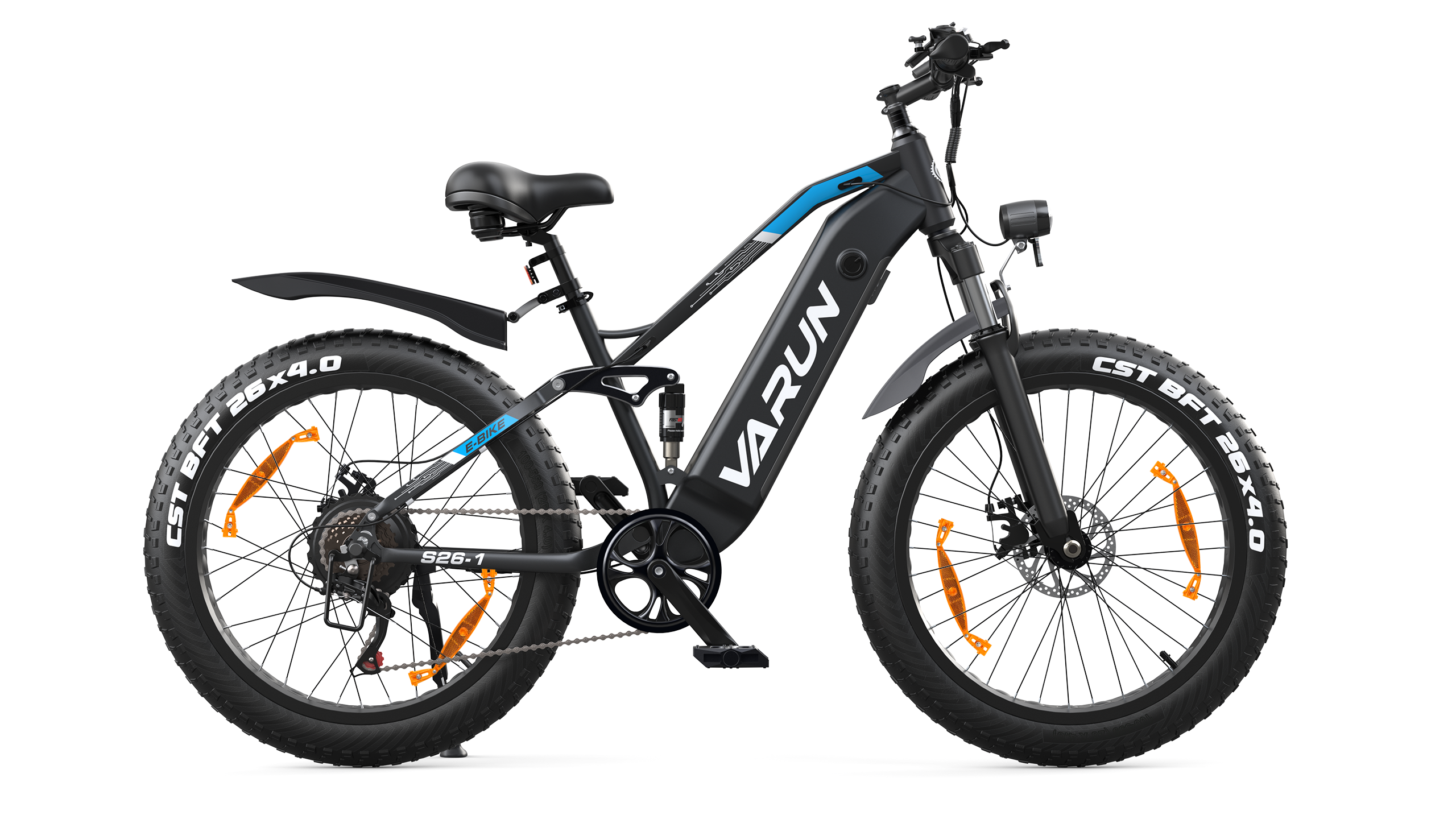
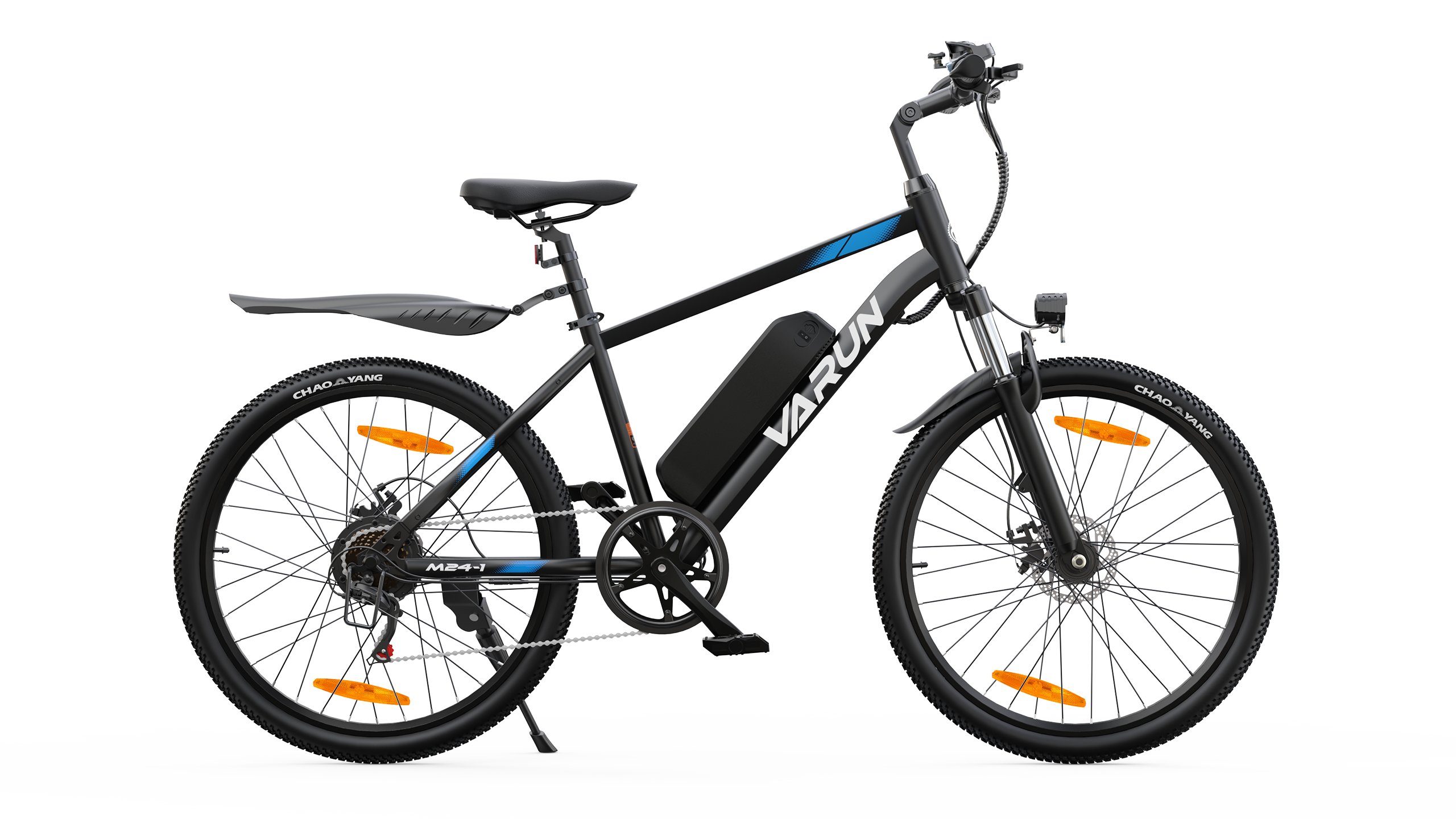
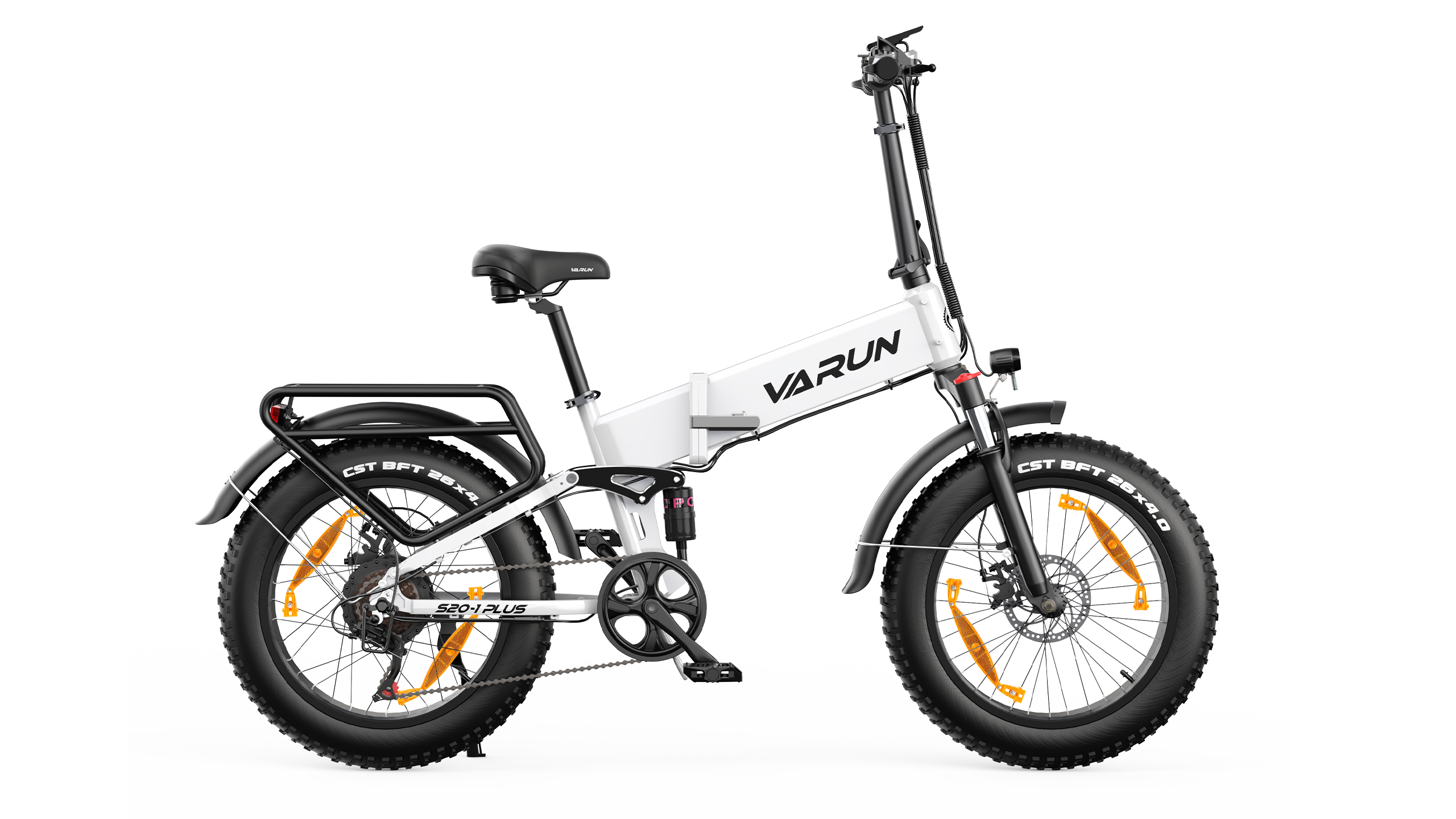



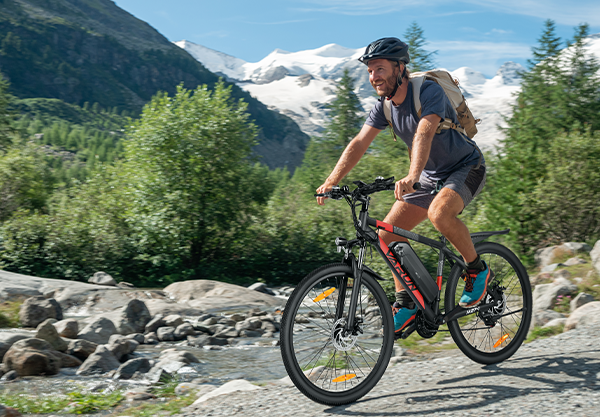
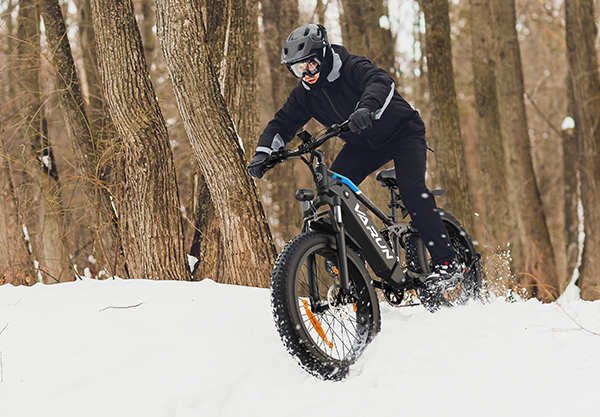
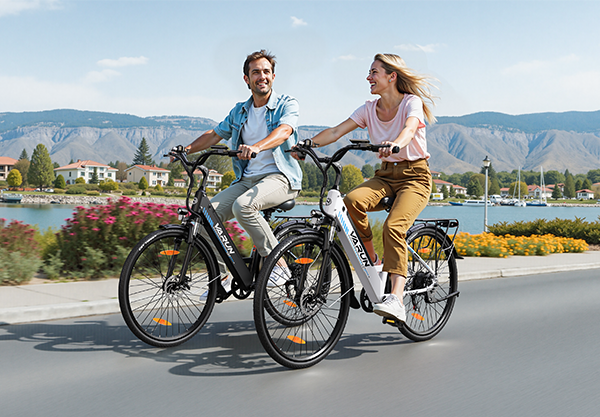
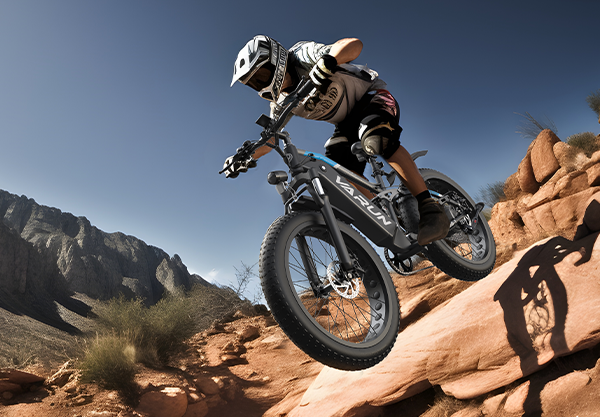
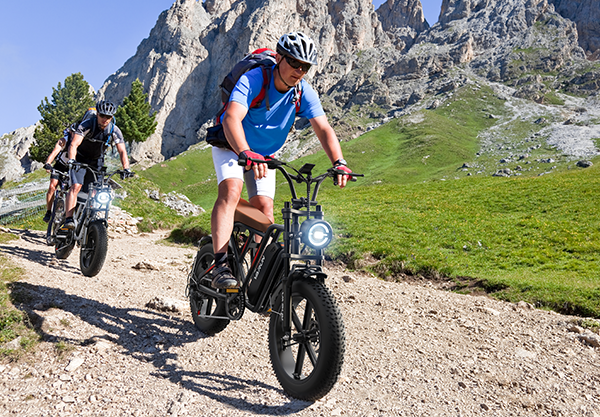

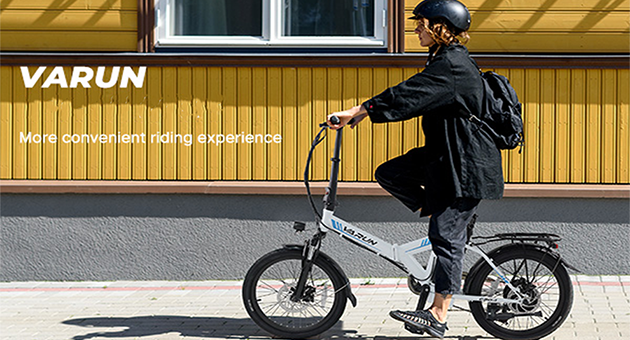
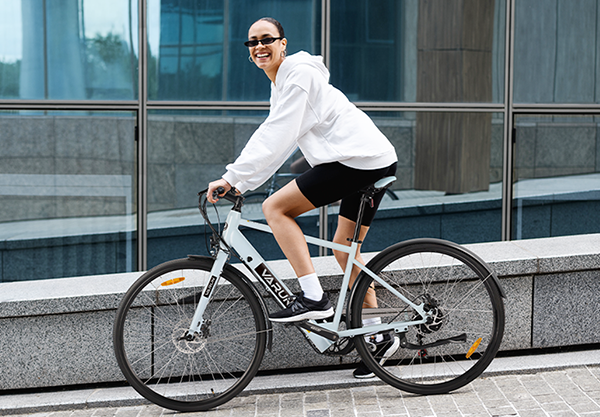
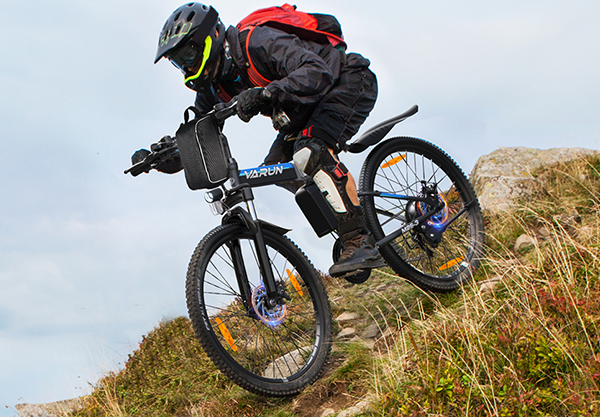
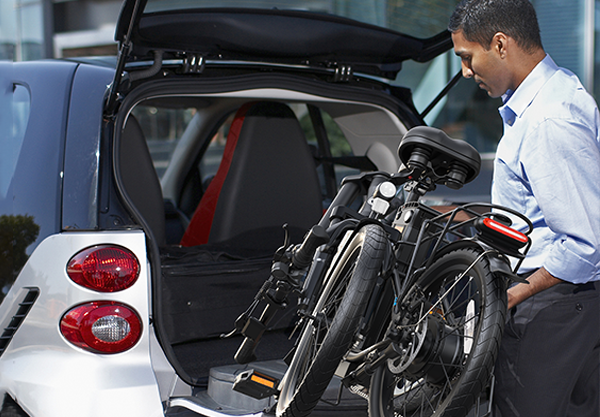







Laissez un commentaire